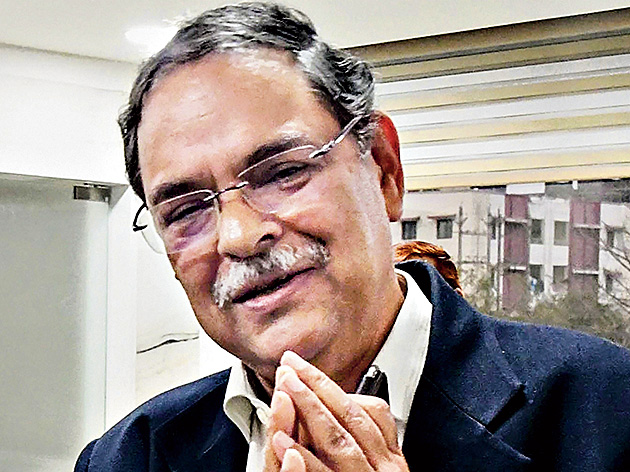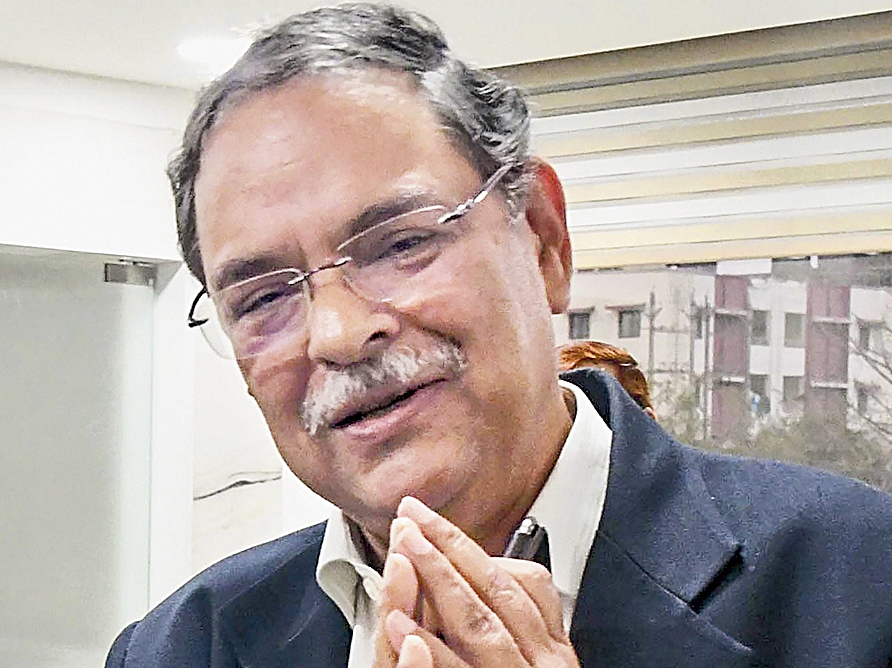New CBI director Rishi Kumar Shukla has set up an internal grievance redress forum to prevent a recurrence of incidents such as the public bickering between his predecessor Alok Verma and his deputy Rakesh Asthana that dented the agency’s image.
The forum headed by Shukla has so far received complaints from 40-45 agency officials. The complaints range from high-handed behaviour of superiors, arbitrary transfers to personal problems and family disputes.
The public spat between Verma and Asthana, who accused each other of corruption, and subsequent judicial wrangling between the two had tarnished the image of the country’s premier investigative agency.
Shukla told The Telegraph that his effort was aimed at salvaging that image.
“Every Friday I have started interacting with officers facing problems from all branches across the country. They are free to share their problems with me and I try to redress them as far as possible. The objective behind the grievance redress system is to restore the organisation’s glory,” he said.
“So far, 40-45 CBI officers have personally met me and narrated their problems.”
Sources in the CBI praised the new director for setting up the internal grievance redress system.
“Shuklaji joined the CBI when the agency was witnessing a dirty turf war between the former director and his deputy. The grievance redress system is aimed at bringing order and discipline in the agency,” an officer said.
The Centre on February 2 appointed Shukla, a former Madhya Pradesh DGP, as the new CBI chief, a post that had been lying vacant since January 10 after the abrupt removal of Verma less than 48 hours after he had been reinstated by the Supreme Court.
At least two former Chief Justices of India — T.S. Thakur and R.M. Lodha — had said Verma’s removal as CBI chief without granting him a hearing had violated the principles of natural justice.
Verma was first removed by the government in a midnight raid at the CBI headquarters on October 24 amid infighting in the agency and allegations of corruption. He had challenged the government’s move in the apex court.
“Many subordinates having complaints against their superiors or facing personal problems are now directly meeting the director and narrating their hardships,” the CBI officer said.
Last week, Ajay Kumar Bassi, the CBI deputy superintendent who had probed the corruption allegations against then special director Asthana, had told the Supreme Court that he had not been receiving his salary after he refused to accept his new posting in Port Blair.
Asked whether Bassi had approached the internal grievance cell, Shukla declined to comment.
The Supreme Court had adjourned the matter for three weeks after solicitor-general Tushar Mehta asked for time on behalf of the department of personnel and training, to which the CBI reports, to submit a response.
Mehta also said Bassi could file a representation before the new CBI director.
Bassi was transferred to Port Blair after the midnight raid last October. He had challenged it saying his transfer was aimed at scuttling the probe against Asthana.
On January 9, Bassi’s transfer order was withdrawn after Verma was reinstated by the Supreme Court.
On January 10, when Verma was removed by the high-powered committee headed by the Prime Minister, Bassi was transferred back to Port Blair by then interim director Nageshwar Rao.











